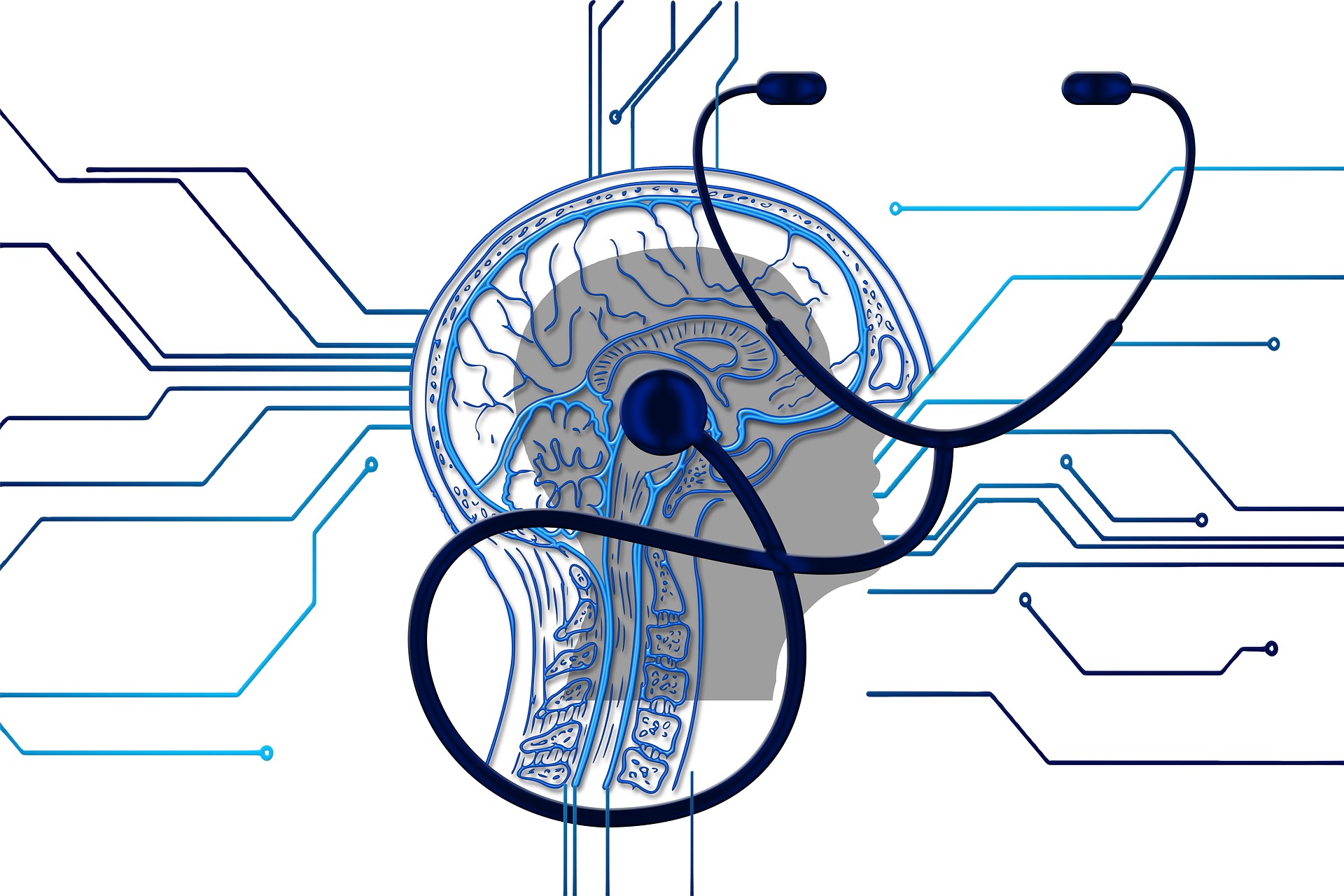PhD exit seminar: What can the brain tell us about behaviour and health?
Seeking to better understand how the brain regulates behaviour through neuroimaging.
Speakers
Cost
Cost per person: 0.00
Content navigation
Description

The biological determinants of behaviour are often overlooked as major determinants of physical and mental health and wellbeing. The combination of actions and decisions we make every day in response to our environment contributes to our risks of sustaining physical injury, developing obesity, or experiencing mood disorders. This can be seen, for example, in the higher rates of cardiovascular health problems, diabetes, and obesity in those who eat a less healthy diet, live a sedentary lifestyle, or smoke. Yet despite these links, relatively little is known about the intrinsic drivers of behaviour and in particular a key organ that regulates them, the brain.
The reinforcement sensitivity theory seeks to better understand how the brain regulates behaviour. It integrates decades of research in animals to explain avoidance behaviours that protect the animal from predators and approach behaviours that allow the animal to seek food and reproduce, and the brain control systems that regulate them. However, animal brains vary in size, structure, and function, and we do not know if animal models of behaviour can be extrapolated to humans. As part of my PhD, I used neuroimaging to investigate the reinforcement sensitivity theory in humans. In this talk, I will present evidence that shows that animal avoidance and approach control systems are also present in humans and that these control systems are consistent regardless of differences in sex, age, or time. Finally, I will show how these control systems can be linked to personality traits, mental disorders, and general health.
About Daniela
 Daniela Espinoza Oyarce is a neuroscience researcher and PhD candidate at the Centre for Research on Ageing, Health and Wellbeing at NCEPH. Before starting her PhD, she completed a Master of Neuroscience with a multi-disciplinary thesis in neuroscience and immunology at the Australian National University, a Bachelor of Medical Science at the University of Canberra, and a Bachelor of Science and Humanities at Universidad de Santiago de Chile. She has worked in university laboratories, in multi-disciplinary projects as a research assistant, and as a contact tracer for ACT Health during the COVID-19 pandemic.
Daniela Espinoza Oyarce is a neuroscience researcher and PhD candidate at the Centre for Research on Ageing, Health and Wellbeing at NCEPH. Before starting her PhD, she completed a Master of Neuroscience with a multi-disciplinary thesis in neuroscience and immunology at the Australian National University, a Bachelor of Medical Science at the University of Canberra, and a Bachelor of Science and Humanities at Universidad de Santiago de Chile. She has worked in university laboratories, in multi-disciplinary projects as a research assistant, and as a contact tracer for ACT Health during the COVID-19 pandemic.
Location
** Hybrid Event **
Bob Douglas Lecture Theatre, Building 62, Mills Road ACTON 2601
or
Join via Zoom
Meeting ID: 821 5375 9112
Password: 743640
